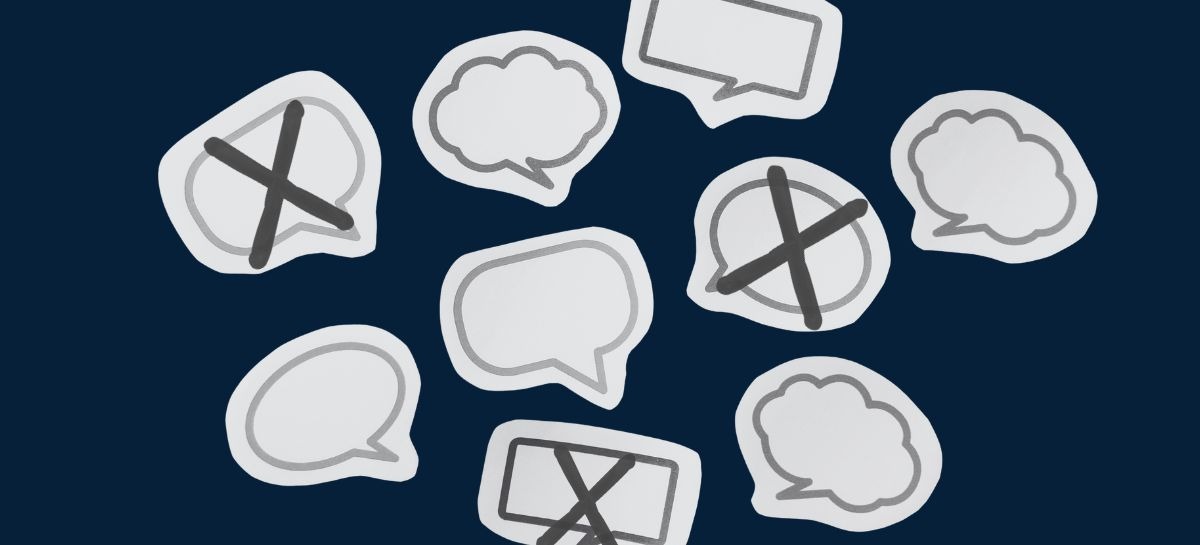
By Jacob Mchangama
The assassination of Charlie Kirk was a tragic illustration of the public’s collapsing belief in free speech.
His arguments weren’t met with rebuttals, but bullets — a shocking affront to America’s longstanding commitment to civil discourse. For a brief moment, it seemed Americans of all political stripes might unite in denouncing the attack and renewing their dedication to free expression. But that moment has passed. On the left, some online influencers openly celebrated the assassination of Kirk, while some in the media suggested that his own rhetoric — not the assassin — was to blame.
In response, Attorney General Pam Bondi publicly floated the idea of prosecuting “hate speech,” claiming it contributed to Kirk’s murder — a position at odds with the First Amendment. Meanwhile, some conservative politicians and activists, perhaps emboldened by this shift in rhetoric, have begun calling for their own form of “cancel culture,” aiming to suppress dissent not through law, but through social and institutional pressure reaching into universities, social media platforms and American companies. That should concern anyone who believes politics should remain separate from business.
Unfortunately, this growing intolerance toward free speech among young people is not new. Between 2021 and 2024, a wave of civil society reports and op-eds lamented a rising trend among college students — particularly on the left — who sought to de-platform controversial speakers, fire dissenting professors, and enforce rigid ideological conformity.
But according to a March 2025 report from The Future of Free Speech, where I serve as executive director, the pendulum appears to be swinging the other way.
Read MoreJacob Mchangama is the Founder and Executive Director of The Future of Free Speech. He is also a research professor at Vanderbilt University and a Senior Fellow at The Foundation for Individual Rights and Expression (FIRE).

